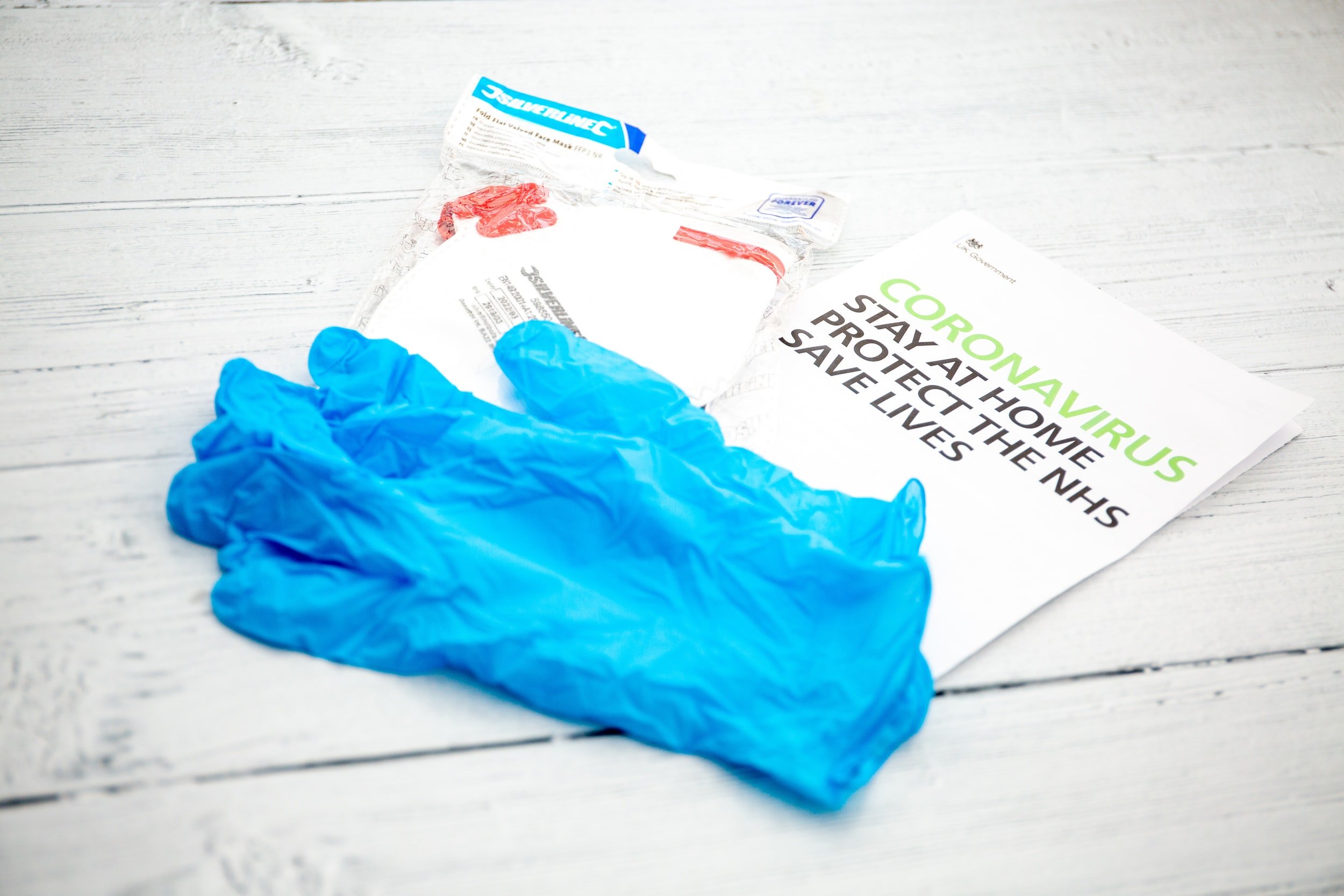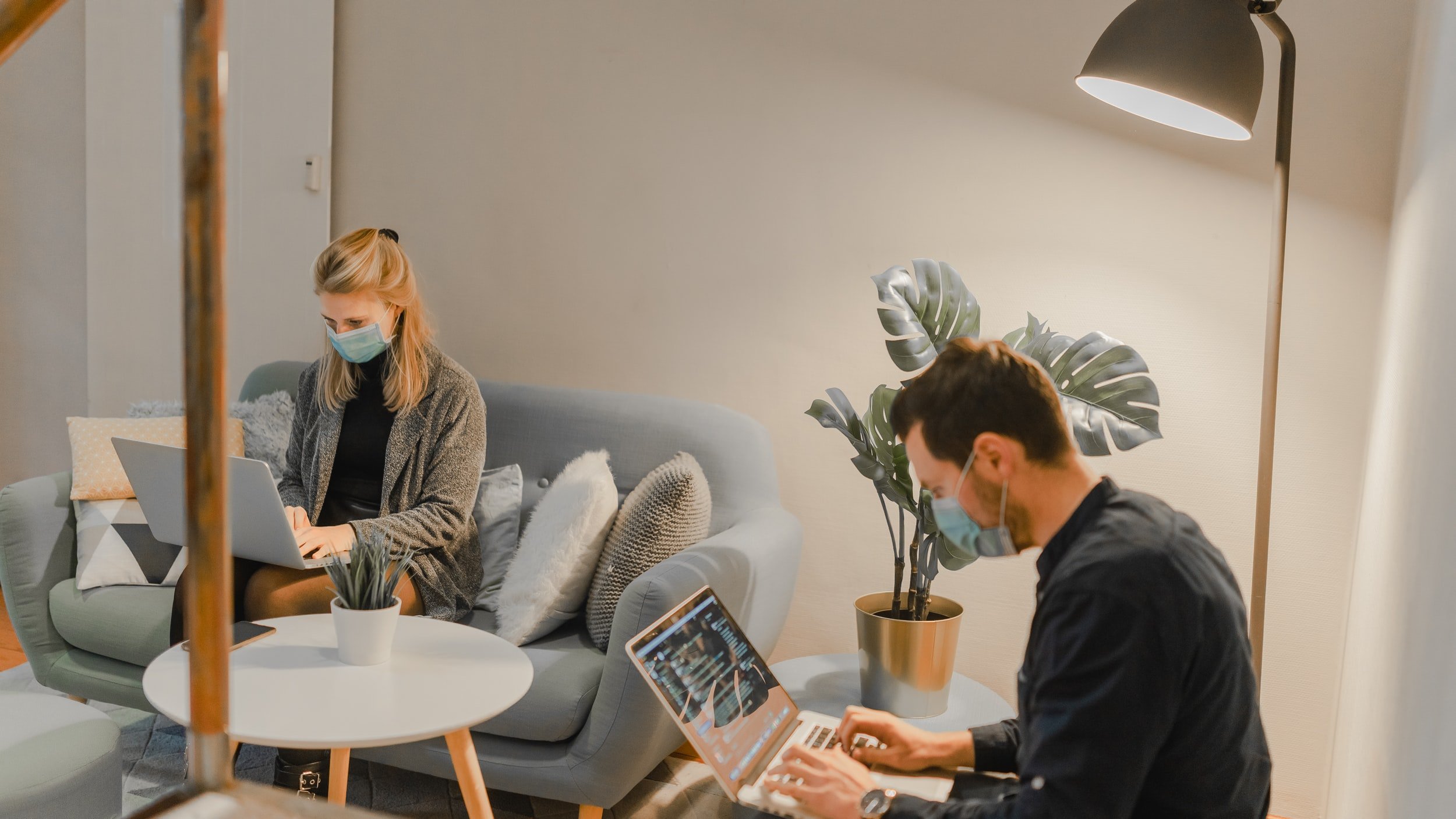Clawing back your confidence in a pandemic
The Covid19 pandemic, which at this point feels like it has been going on for about 500 years, has changed our world forever. Not only have we lost loved ones and faced unprecedented challenges, but the outbreak has also taken our lives out of our hands - changing the way we work, socialise and go about our daily lives.
It’s changed the way we look at the people around us for the way they’ve acted and behaved during the crisis, and it’s hardly surprising that our confidence and self-esteem has taken a battering, along with everything else.
"One definition of trauma is that our worst fears come true. The pandemic will have been exactly this for many people," says Julie Dearden, psychotherapist and spokesperson for the UK Council for Psychotherapy. "Amongst other experiences, we have been ill, bereaved, trapped, out of control, without a voice, separated from loved ones and impoverished.
"These traumatic experiences will have, for many of us, deeply disturbed our sense of ourselves, our safety, the relationships we rely upon, our daily routines," explains Dearden. "Without these key senses of safety and balance our very beingness becomes disturbed. Temporarily we may not know who we are and cannot believe in a way forward."
“We long to return to normal, but normal led to this. To avert the future pandemics we know are coming, we MUST grapple with all the ways normal failed us. We have to build something better.”
So how do we move forward from this? What can we do to keep ourselves treading water in a world of 24/7 breaking news, hysterical tweets, mutations and variants in a world where we have no guarantees that we won’t find ourselves plunged into lockdowns and new restrictions at a moments notice?
“It’s important to be flexible,” says neuroscientist and business psychologist Dr Lynda Shaw. “Whilst we have many reasons to be optimistic, the future is still uncertain. Accept that change is inevitable and be open minded. If things don’t go to plan straight away, all we can do is take a deep breath and try to keep your options open.”
The psychological impact of living through a pandemic cannot be underestimated. Covid has posed perhaps the biggest threat to mental health in England since the second world war. Now, at the tail end of 2021, the pandemic is still not over. The NHS forecasts that nationally, there will be 230,000 new cases of PTSD as a result of Covid19.
“You may have PTSD and anxiety so seek help if you are feeling overwhelmed,” explains Dr Shaw. “ Some signs to look out for include low energy, insomnia, frequent illness, chest pains, rapid heart rate, panic attacks, migraines, headaches and upset stomach.”
Perhaps one of the best ways to cope is to face the challenges of the pandemic head-on and realistically.
“Ensure you live a healthy lifestyle including regular physical exercise, a good sleeping pattern, low stress and a healthy diet. Focus on things you can control,” Dr Shaw suggests.
“Research shows that those who face adversity with a positive mindset deal with stress and problems better and have a better health outcome long term. Going forwards in the weeks ahead, try to avoid rushing big decisions and prioritise what needs to be acted upon first.”
“Could it be that the COVID pandemic is showing us what’s essential for a healthy economy and planet?”
The pandemic has made many revaluate their priorities, leading people to ask themselves what truly makes them happy. While it’s important to set some goals for yourself which you feel will make you happier, it’s equally important not to chase happiness.
“Sometimes when we have been yearning for something and then get it, we don’t find the fulfilment we really hoped we would have, which creates real disappointment,” says Dr Shaw. “Spend a little time appreciating what you have and make sure your goals and values are aligned with your life.”
And finally - and perhaps, obviously - stay safe, and stay social.
“Follow the rules but remain sociable where possible, even if that means keeping events virtual,” says Dr Shaw.
“Through brain imaging, scientists have found that when people experience social exclusion and social distress some areas of the brain are similarly activated as if they were experiencing physical pain.
“The constant adjustments we have had to make to our lives in the last year have been really difficult. Be proud of what you, your family and friends have achieved over the last year and reflect on how well you have done.”



